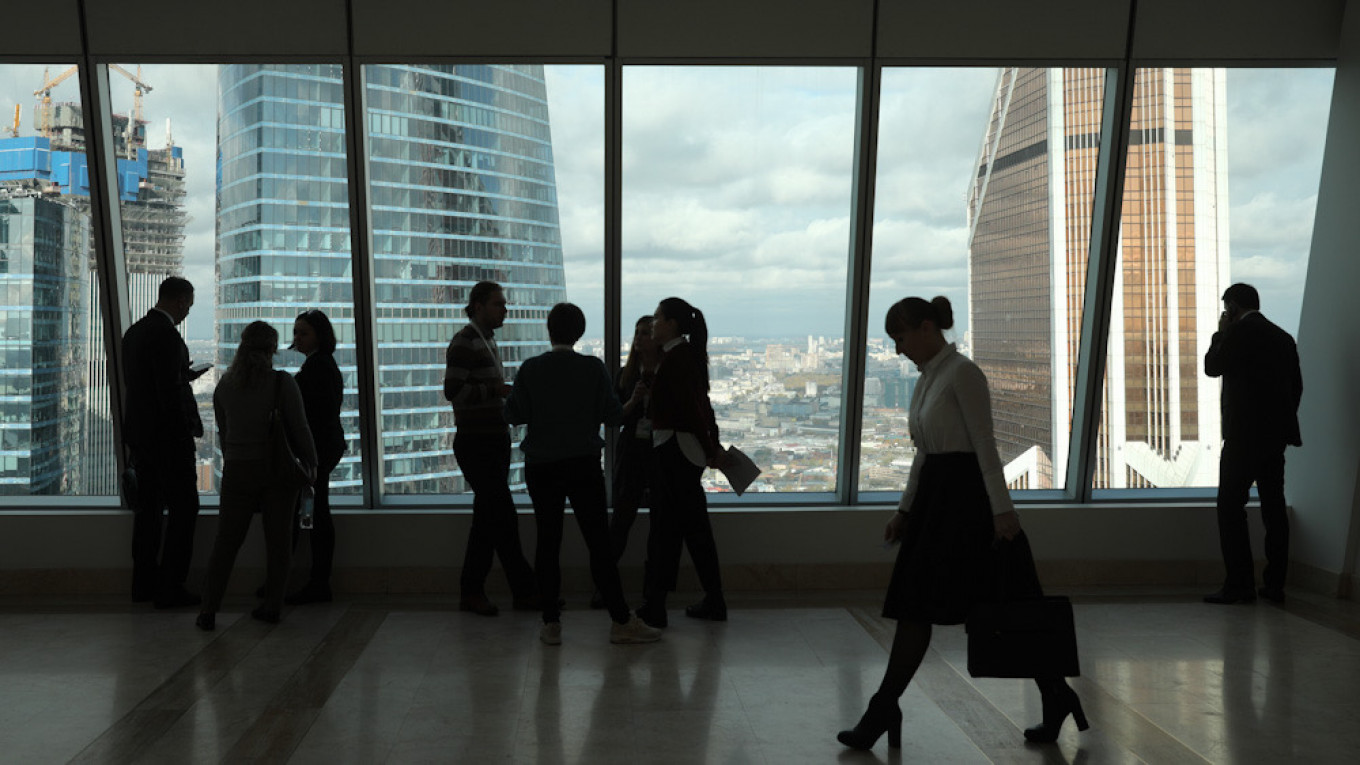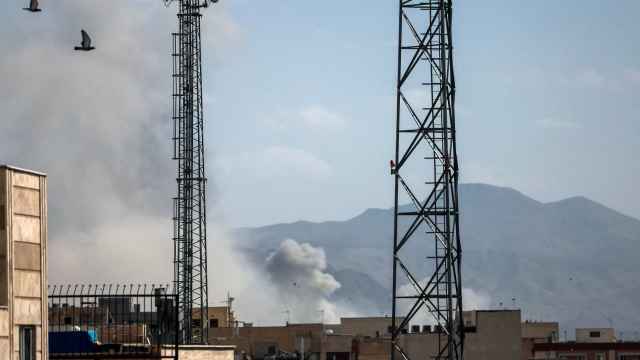Russia saw a 20% contraction in venture capital investments last year, according to Dsight, a Moscow-based business intelligence firm.
Total venture capital investment came in at $703 million in 2020, down from $869 million in 2019, the firm said in a new report. Dsight attributes this fall to the “unpredictability of the pandemic” and “investors’ risk aversion.”
Despite the fall in investment volumes, the number of deals increased 14% from 2019, with a jump in deals registered at both the startup and growth stages. Most activity came in the second half of the year, after the end of the first wave of the pandemic in Russia.
Most investments went into the e-commerce, entertainment and healthcare sectors. Edtech, agrotech and fintech also seem to have taken off during the pandemic, accounting for small overall values but recording fast growth rates.
Corporations and corporate funds noticeably increased their venture activity. They took part in 47 deals, up from 31, and invested a total of $308 million, compared to $191 million in 2019. Angel investing also grew, with Dsight identifying 64 deals last year, up from 37. At the same time, the role of startup accelerators fell significantly, down from 64 deals in 2019 to 35 last year.
The role of foreign investors in Russia’s venture capital scene remained low, except for a spectacular U.S. pre-IPO investment into Ozon in March. Dsight notes that the number of deals with foreign participants grew from 18 to 24 — but the value of these deals more than halved to just $103 million.
The real picture of foreign investors’ involvement in the Russian startup scene is probably even worse, since the Dsight study covers deals involving some Russian-founded startups that now operate in other jurisdictions, typically the U.S. and western Europe. For instance, the report refers to such companies as British Arrival, Californian Miro and Polish Novakid, without distinguishing them from other ‘true Russian’ startups.
The report also showed the dominance of Moscow in Russia’s venture capital scene — with the capital accounting for 76% of all investment and more than half of all deals.
A Message from The Moscow Times:
Dear readers,
We are facing unprecedented challenges. Russia's Prosecutor General's Office has designated The Moscow Times as an "undesirable" organization, criminalizing our work and putting our staff at risk of prosecution. This follows our earlier unjust labeling as a "foreign agent."
These actions are direct attempts to silence independent journalism in Russia. The authorities claim our work "discredits the decisions of the Russian leadership." We see things differently: we strive to provide accurate, unbiased reporting on Russia.
We, the journalists of The Moscow Times, refuse to be silenced. But to continue our work, we need your help.
Your support, no matter how small, makes a world of difference. If you can, please support us monthly starting from just $2. It's quick to set up, and every contribution makes a significant impact.
By supporting The Moscow Times, you're defending open, independent journalism in the face of repression. Thank you for standing with us.
Remind me later.







